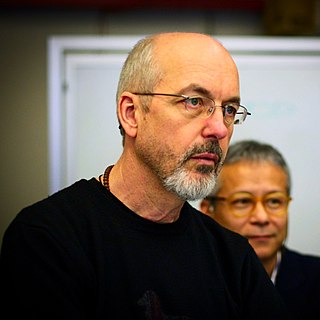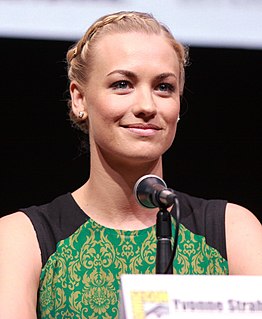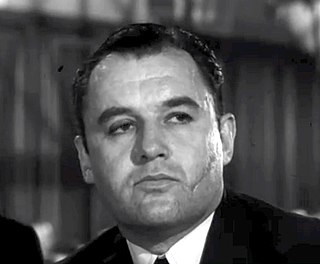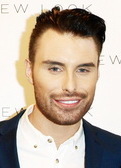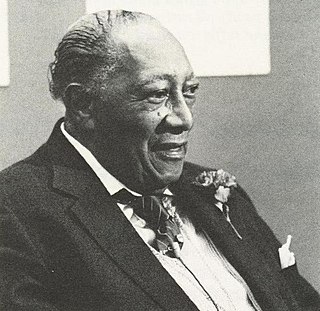A Quote by Bill Viola
I hope we'll be able to see that in our lifetime: the end of the camera! When I'm in Paris, I'll buy a big bottle of champagne and I'll save it for that day, for the day when they'll be no more camera.
Related Quotes
The first time I worked with colors was by making these mosaics of Pantone swatches. They end up being very large pictures, and I photographed with a very large camera - an 8x10 camera. So you can see the surface of every single swatch - like in this picture of Chuck Close. And you have to walk very far to be able to see it.
